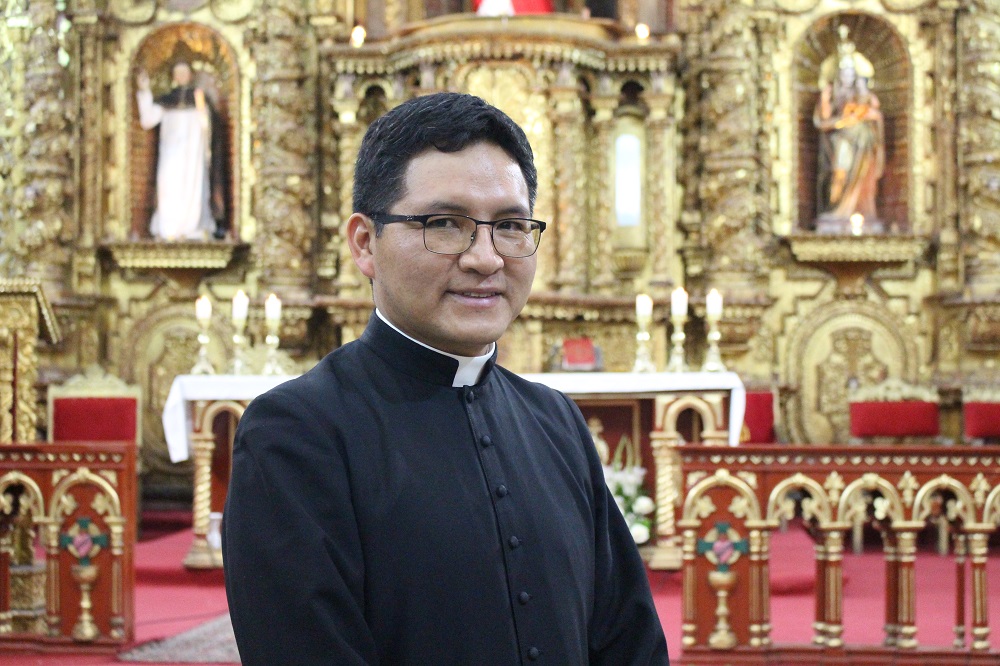
[et_pb_section fb_built="1" admin_label="section" _builder_version="4.16" da_disable_devices="off|off|off" global_colors_info="{}" da_is_popup="off" da_exit_intent="off" da_has_close="on" da_alt_close="off" da_dark_close="off" da_not_modal="on" da_is_singular="off" da_with_loader="off" da_has_shadow="on"][et_pb_row admin_label="row" _builder_version="4.16" background_size="initial" background_position="top_left" background_repeat="repeat" global_colors_info="{}"][et_pb_column type="4_4" _builder_version="4.16" custom_padding="||||" global_colors_info="{}" custom_padding__hover="||||"][/et_pb_column][/et_pb_row][/et_pb_section]